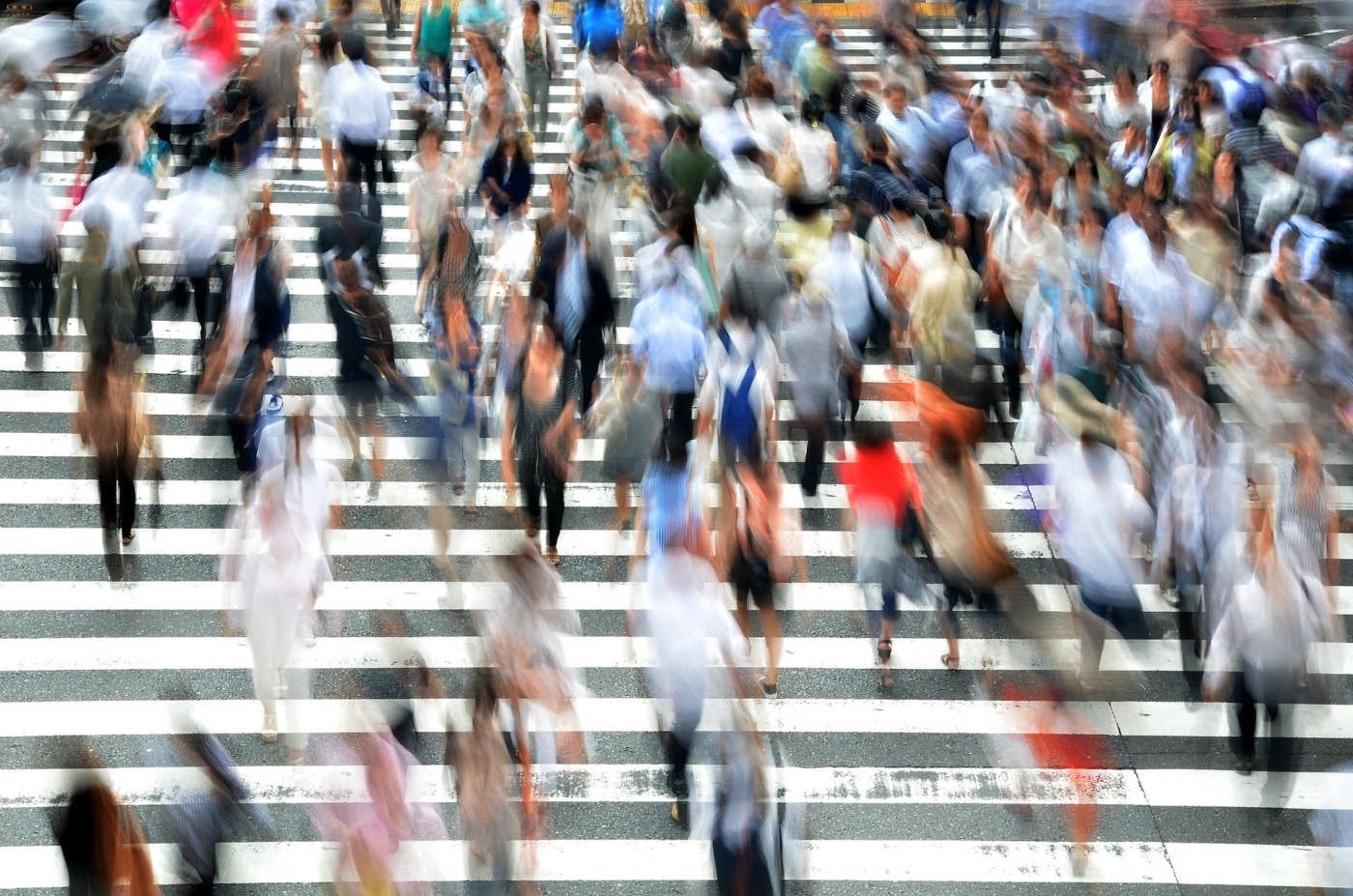The tournament of travel: why we treat holidays as a competition
With the rise of budget airlines, last-minute bargain deals and adventure being prioritised over luxury, travel has become more accessible than ever before. Climbing alongside the rise of people jumping on planes, however, is the prominence of the importance of social media in ‘validating’ holidays. After all, what would be the point of going on your exciting, once-in-a-lifetime experience if you didn’t beat the competition by reaching 200 likes on the accompanying Instagram post?
Travel is becoming a competition sport, and society’s inclination to want to one-up every wild story told has meant that exploring the world is less about your personal experience and more about the bragging rights when you return home. Staying in a resort and simply having a good time is no longer enough; without quirky stories about the life-changing adventures and dangerous expeditions you underwent, your holiday doesn’t count in the eyes of the competition. If anything, having a comfortable and tame trip means you’ve lost the modern travel game, and this outlook exposes real issues within our mindset as a society.
People are fuelled by the euphoria of knowing that their followers will scroll through their snaps with a feeling of envy and slight inferiority
Social media is a great way to keep your friends and family up to date with your latest adventures, and sharing snaps of memorable moments is a wholesome act at heart. Unfortunately, the hustle culture of the workplace tends to transfer over to your online image; for some, every single thing they do is a photo opportunity. Generating a reaction online and crafting the identity you want to portray is in itself a kind of job, only one without much benefit to anyone.
Rather than adrenaline being generated as a result of the experiences, people are fuelled by the euphoria of knowing that their followers will scroll through their snaps with a feeling of envy and slight inferiority. ‘Look at me,’ the post essentially says, ‘I’m out here experiencing life in a way you never could’. If you find you have the resulting social media post in the back of your mind every time you plan a day then you end up with a hollow holiday, full of fun stories of events you never really enjoyed.
Choosing to explore somewhere differently to other visitors doesn’t mean your visit was more valid or legitimate than anyone else’s
Possibly the most infuriating kind of person when it comes to competitive travel are those for whom anything more than living in a mud hut amongst locals is an unauthentic experience. In response to your story about the cute Air BnB you hired in a small village, they’ll retort with the tale of the locals who invited them into their tin-roof home and welcomed them as one of the family. For every elephant ride or jet-ski adventure you mention, they have a tragic story of the poor village children who adopted the role of their tour guides. Snidely branding your holiday as the dreaded ‘tourist’ trip, only their stripped-back experience of the ‘real’ country was a valid one.
This attitude, alongside being irritating and ensuring nobody will dare mention a holiday around you again, is entirely pointless. Half of the stories of the ‘genuine’ experience of a place that are recalled are exaggerated. Choosing to explore somewhere differently to other visitors doesn’t mean your visit was more valid or legitimate than anyone else’s.
Online influencers set up the image of the unattainable jet-setting lifestyle
The societal tendency to popularise a place as the ‘trendy’ city to visit taps into our obsession with being part of the ‘cool’ collective. It’s a contradictory enigma: we want to set ourselves apart from the masses visiting generic tourist traps, but fall into the pattern of following the crowd of people we want to emulate. Instagram bloggers, trend-setters and other online influencers set up the image of the unattainable jet-setting lifestyle.
Our desire to be part of that exclusive group manifests itself in mimicking their competitive edge. Travelling becomes a part of your social image, an image that is damaged unless you are part of the group who visit the ‘must-see’ country of the season. Following the crowd in this sense means that travelling is no longer about your personal goals and aspirations, but just another means through which you can formulate the false image projected online.
The rise of people travelling abroad is inherently a good thing, as expanding your horizons and exposing yourself to different cultures can open your mind to new perspectives. Keeping the mentality of hustle culture away from pastimes like travel and caring less about what people think of our online persona will go some way to remedying the toxic attitude, but there are miles to go before we value travel for the sake of it, rather than treating it as a prize-less competition we have to win.

Comments